The Poisson distribution is a statistical discrete distribution for describing events occurring at random intervals. It is defined on the non-negative integers that has the property in which the mean is equal to the variance.
The Poisson probability distribution is used to model the probability of a number of events occurring during a specified time interval.
The Poisson distribution is characterized by an expected arrival rate, usually designated by the Greek lower-case letter lambda.
A discrete random variable X has a Poisson distribution indexed by a parameter λ if it has probability mass function as following:

Useful links:
Wikipedia entry for the Poisson distribution.
How do I generate discrete random events with a Poisson distribution?